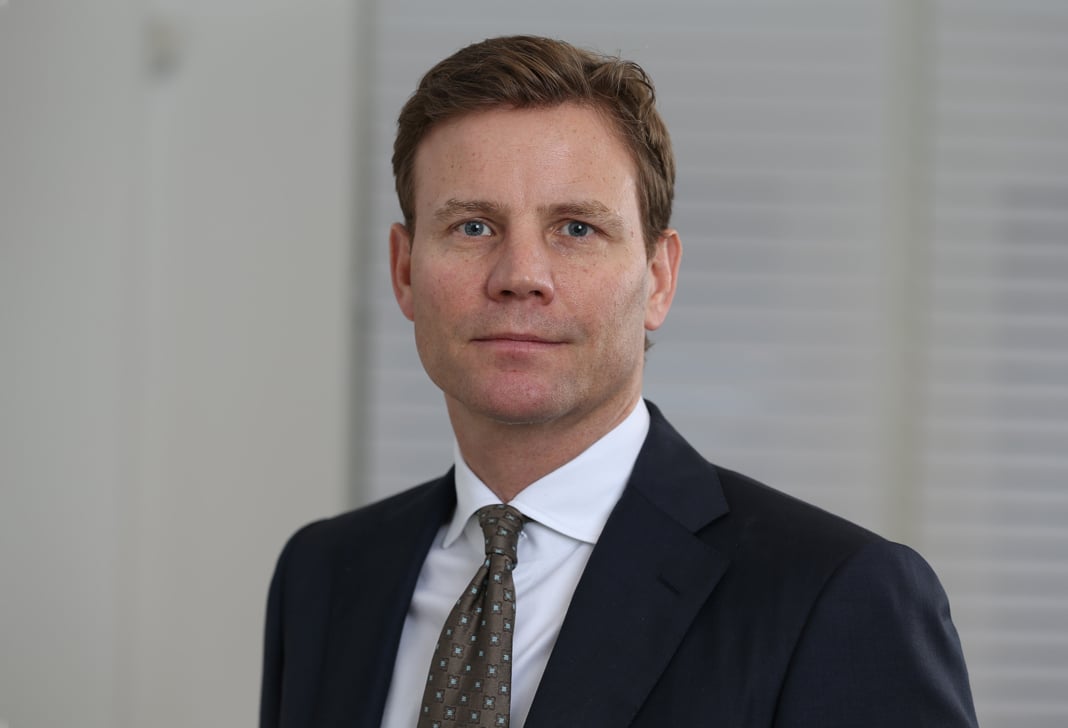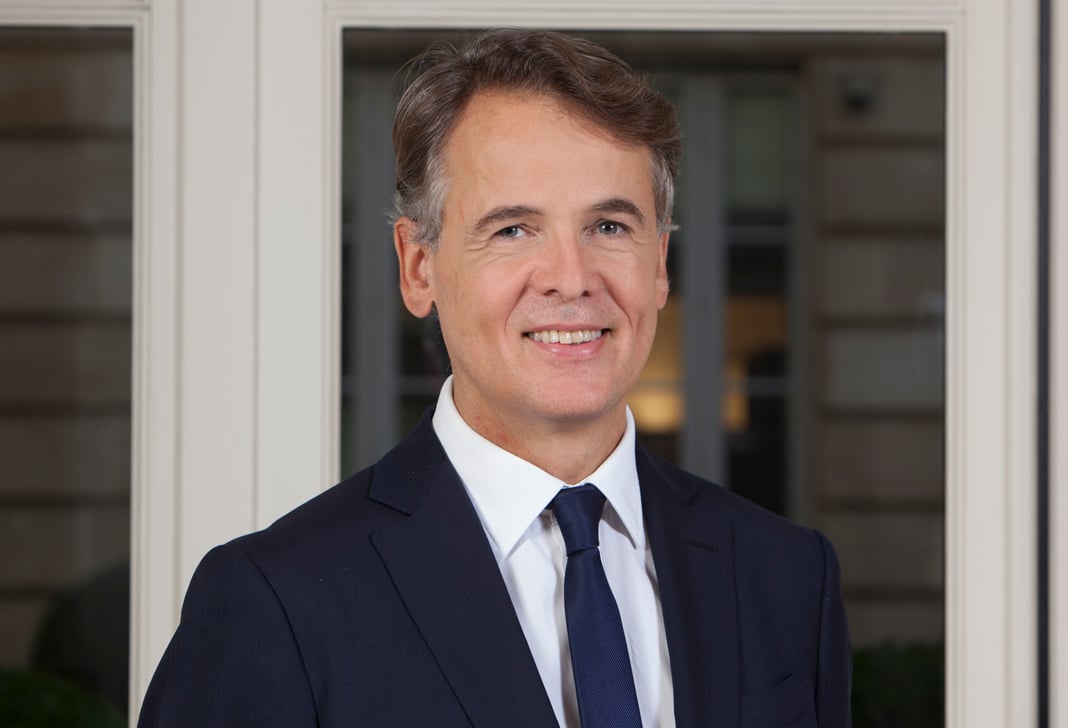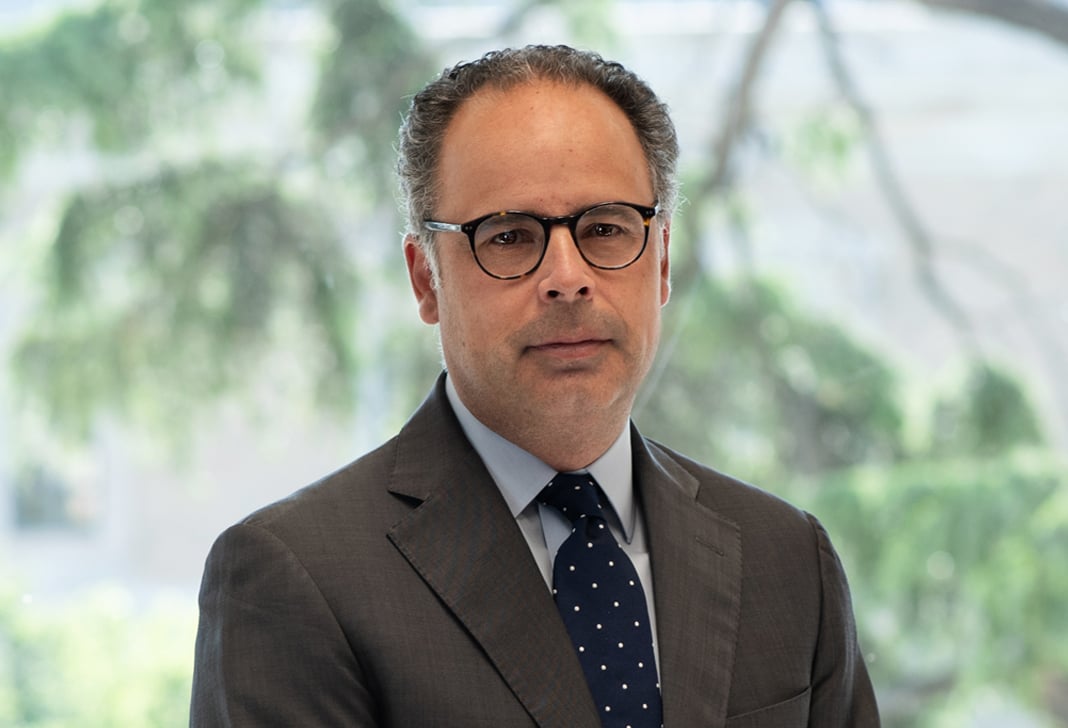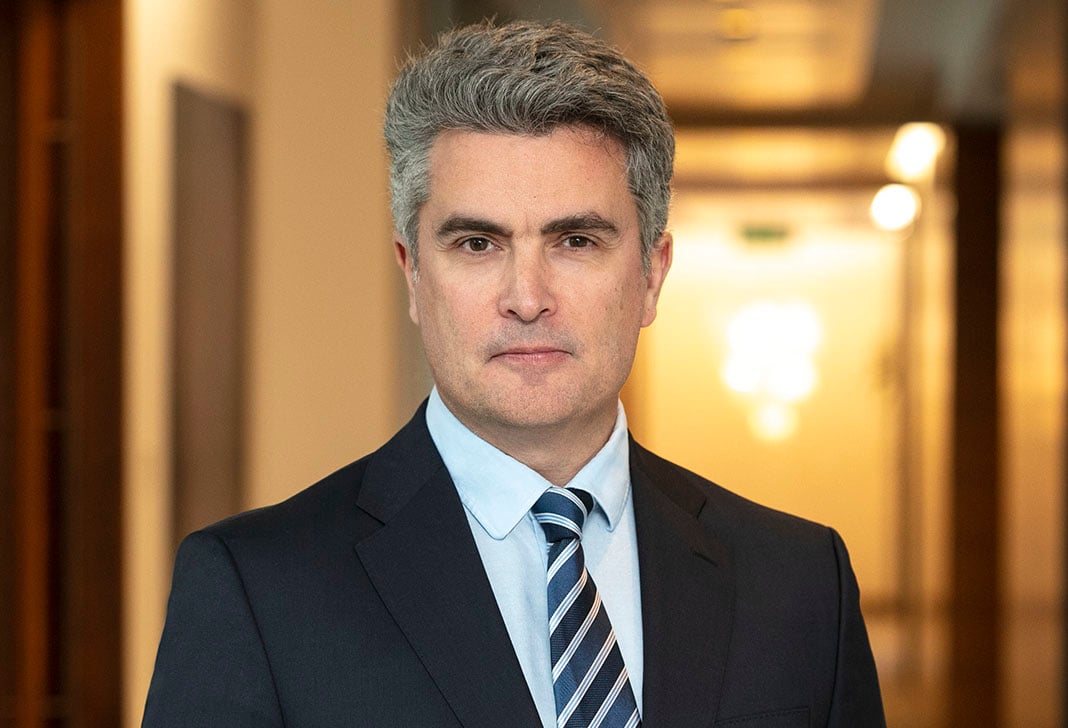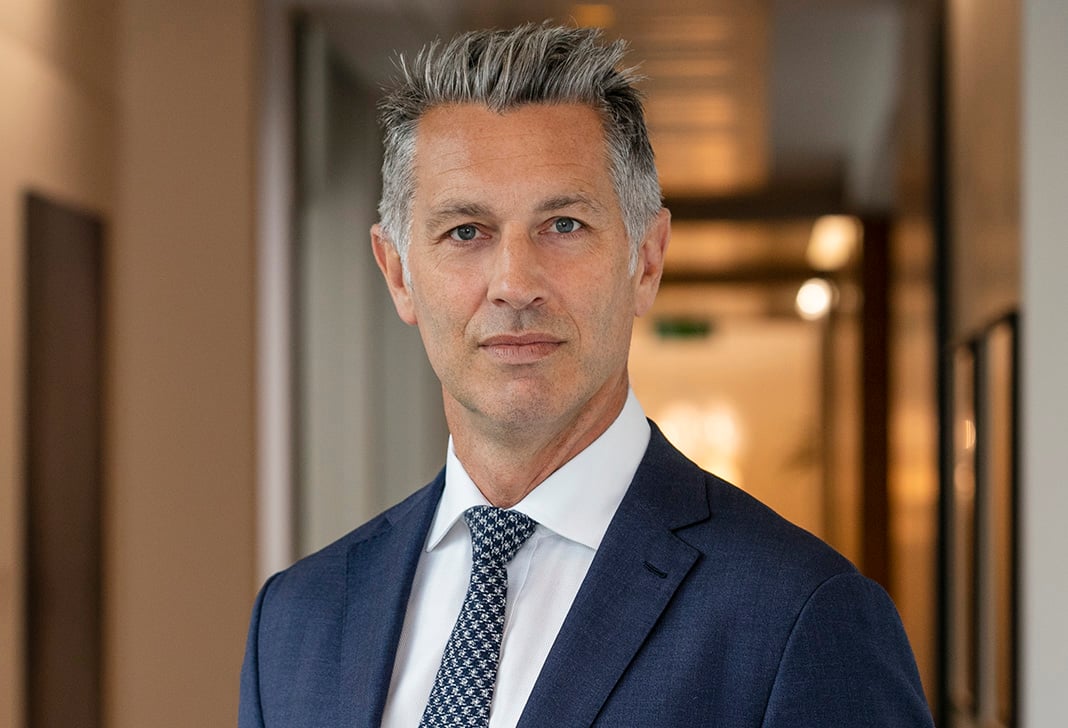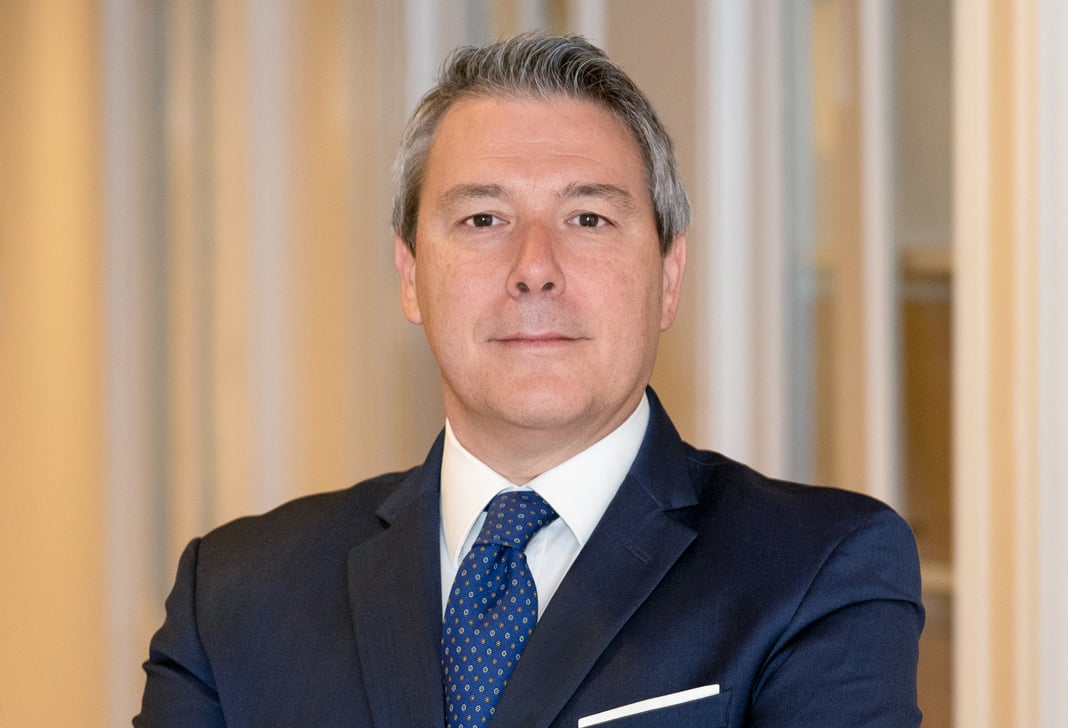EuroResource--Deals and Debt
Recent Developments
Global—On 23 August 2013, the U.S. Court of Appeals for the Second Circuit upheld lower court orders requiring Argentina to pay holdout bondholders in full whenever it makes payments to holders of restructured debt, but it delayed implementation of its ruling until the U.S. Supreme Court decides whether to hear Argentina's appeal. In NML Capital, Ltd. v. The Republic of Argentina, No. 12-105(L) (2d Cir. Aug. 23, 2013), a three-judge panel of the Second Circuit affirmed a district court ruling directing Argentina to pay holders of the defaulted bonds in full—approximately US$1.33 billion—on 15 December 2012 when interest payments were due to holders of restructured debt. Referring to the nation as "a uniquely recalcitrant debtor," the court of appeals rejected Argentina's argument that a ruling in favor of the holdout bondholders (principally hedge funds) would violate its sovereignty and expose it to a new financial crisis. The court also discounted Argentina's contention that a ruling against it would hamper future efforts by overwhelmed debtor nations to restructure their debt. "What the consequences predicted by Argentina have in common," the court wrote, "is that they are speculative, hyperbolic and almost entirely of the Republic's own making."
On 24 June 2013, Argentina had filed a petition asking the U.S. Supreme Court to review a ruling handed down by the Second Circuit on 26 October 2012 (see NML Capital, Ltd. v. Republic of Argentina, 699 F.3d 246 (2d Cir. 2012)) upholding a lower court order enjoining Argentina from making payments on restructured defaulted debt without making comparable payments to holdout bondholders. On 26 July 2013, the French government filed an amicus curiae ("friend of the court") brief supporting Argentina's petition. The Supreme Court will not decide until this fall whether to hear the appeal.
On 28 August 2013, Argentine President Cristina Fernandez proposed a new open-ended bond swap offer aimed at holdout bondholders that would offer holdouts the same terms as the 2010 swap. In an effort to protect payments on restructured debt from the Second Circuit's ruling, Argentina has also proposed swapping foreign debt for bonds governed by Argentine rather than U.S. law.
Global—On 24 July 2013, the U.S. Court of Appeals for the First Circuit ruled, in a matter of first impression, that a private equity fund which "sufficiently operated, managed, and was advantaged by its relationship with its portfolio company" through layers of fund-related entities, rather than acting merely as a "passive" investor, could be subject to withdrawal liability for the bankrupt company's pro rata share of unfunded vested benefits to a multiemployer pension fund under the "trades or businesses" aspect of the two-part "control group" test set forth in the Employee Retirement Income Security Act (ERISA) (29 U.S.C. § 1301(b)(1)). In Sun Capital Partners III, LP v. New England Teamsters & Trucking Indus. Pension Fund, 2013 BL 197393 (1st Cir. July 24, 2013), the court reversed a lower court order granting summary judgment in favor of two private equity funds dismissing the withdrawal liability claims. The court then remanded the case for additional factual findings concerning the second part of the "control group" test, that of "common control." The First Circuit did affirm the summary judgment ruling dismissing the pension fund's claim of liability on the ground that the equity funds had engaged in a transaction to evade or avoid withdrawal liability.
Germany—On 25 July 2013, the Higher Regional Court (Oberlandesgericht) of Munich ruled that an irrevocable license does not become unenforceable in German insolvency proceedings. The judgment concerned the rejection of a cross-license by an insolvency administrator. Such licenses play a significant role in industries with a high concentration of patents, such as the semiconductor, biotechnology, software and internet industries. To minimize the risks of patent violations, market participants grant to each other rights of use in patents, patent applications and know-how. An appeal against the judgment has already been filed. The decision follows an obiter dictum by the German Federal Supreme Court (Bundesgerichtshof) in 2012, in which the court indicated that it does not consider license agreements insolvency-proof. Despite the Munich decision, there is currently no certainty that a license agreement, whether exclusive or non-exclusive, cannot be rejected by a German insolvency administrator. Companies may try to benefit from enhanced protections available for sublicense (as distinguished from main license) agreements. A more detailed discussion of the ruling can be accessed here.
France—On 26 July 2013, Law No. 2013-672 relating to the separation and regulation of banking activities was formally enacted. The law was introduced to respond to lessons learned from the 2007–2008 financial crisis, which highlighted the limited number of tools available to supervisory authorities to limit the risks created in the financial system by systemically important financial institutions. The provisions of the law extend over a broad array of issues, such as ring-fencing of certain proprietary trading activities, anti-tax haven rules, money laundering, trading of agricultural commodities, high-frequency trading, mandatory clearing and central supervision of counterparties. Most importantly, the law creates a new banking resolution regime that applies to credit establishments, financial companies, financial holding companies and investment firms (with the exception of portfolio management companies).
Under the new regime, the French Prudential Control and Resolution Authority (Autorité de Contrôle Prudentiel et de Résolution) has the power to implement a number of resolution measures. Such measures include: (i) requesting information; (ii) appointing a special resolution administrator; (iii) changing governance; (iv) transferring all or part of a business unit; (v) temporarily using a bridge financial institution in support of the failing institution; (vi) activating subordinated bond loss absorption clauses; (vii) recapitalizing the failing institution; and (viii) suspending or prohibiting certain businesses of the failing institution. Two measures are of particular relevance to the OTC derivatives industry: (i) a prohibition of termination or close-out netting in case of a temporary or permanent transfer, to a bridge or successor financial institution, of transactions governed by a master agreement, without prejudice to the single agreement principle; and (ii) the declaration of a temporary stay of the exercise of early termination and close-out netting rights. A more detailed discussion of Law No. 2013-672 can be accessed here.
Spain—In early August 2013, Spanish bank restructuring asset management company SAREB (Sociedad de Gestión de Activos procedentes de la Reestructuración Bancaria) announced a new investment opportunity in the Spanish real estate market—Project Teide—involving the sale of 46 properties. The transaction consists of two portfolios: "Portfolio A" includes 36 finished residential buildings, and "Portfolio B" contains six work-in-progress developments and four plots of unimproved land. Most properties are located in large metropolitan areas. As in Project Bull, SAREB will structure the transaction through a FAB ("Fondos de Activos Bancarios"), an investment vehicle the regulation of which is aimed at facilitating SAREB's divestment process. This investment vehicle is subject to a highly advantageous special tax regime, provided SAREB maintains certain exposure. Investors interested in participating in the transaction are encouraged to contact KPMG. The deadline for submitting non-binding offers is 20 September 2013.
Newsworthy
Jones Day represented Moelis & Company in its role as the financial advisor to New York-based Omnicom Group in connection with Omnicom's cross-border merger of equals with Paris-based Publicis Groupe, creating the world's leading company in communications, marketing, advertising and digital services. Based on 26 July 2013 closing prices, the combined company will have a market capitalization of approximately US$35 billion (€26.5 billion). The combination brings together the most extensive portfolio of best-in-class agencies offering clients the industry's leading talent across disciplines and geographies. Publicis Omnicom Group will include such iconic agency brands as BBDO, Saatchi & Saatchi, DDB, Leo Burnett, TBWA, Razorfish, Publicis Worldwide, Fleishman-Hillard, DigitasLBi, Ketchum, StarcomMediaVest, OMD, BBH, Interbrand, MSLGROUP, RAPP, Publicis Healthcare Communications Group, Proximity, Rosetta, CDM, ZenithOptimedia and Goodby, Silverstein & Partners.
Jones Day is representing Paris-headquartered Essilor International SA ("Essilor") in connection with its acquisition of the 51 percent stake owned by PPG Industries ("PPG") in the Transitions Optical group ("Transitions") for US$1.73 billion in cash and a deferred payment of US$125 million. Transitions is an international joint venture formed by PPG and Essilor in 1990. Following the transaction, Essilor will own 100 percent of Transitions. In addition, Essilor will acquire PPG's subsidiary Intercast Inc., a leading supplier of sun lenses, and certain other related assets. Tampa, Florida-based Transitions is the leading provider of photochromic lenses to optical manufacturers worldwide. Essilor, the world's leading ophthalmic optics company, designs, manufactures and markets a wide range of lenses to improve and protect eyesight in some 100 countries with 22 plants and other facilities throughout the world.
Jones Day is advising One Equity Partners, the private investment arm of JPMorgan Chase & Co., in connection with the sale of the wound care business of U.K.-based Systagenix to Kinetic Concepts, Inc. ("KCI"). San Antonio, Texas-based KCI is a leading global medical technology company devoted to understanding, developing and commercializing innovative, high-technology transformational healing solutions for customers and patients in more than 65 countries around the world. Systagenix is a global leader in innovative wound care established in 2008 following the acquisition of Johnson & Johnson's professional wound care business by One Equity Partners. With approximately 800 employees worldwide, Systagenix distributes products and services to more than 100 countries.
Jones Day provided regulatory and investment cluster implementation advice to Bpifrance, the French public investment bank (banque publique d'investissement de France), in connection with its creation as a financial institution jointly owned by the French State and the Caisse des Dépôts. Bpifrance was funded with assets comprising the shareholdings of the French State and of the Caisse des Dépôts in Oséo, Fonds Stratégique d'Investissement and CDC Entreprises.




